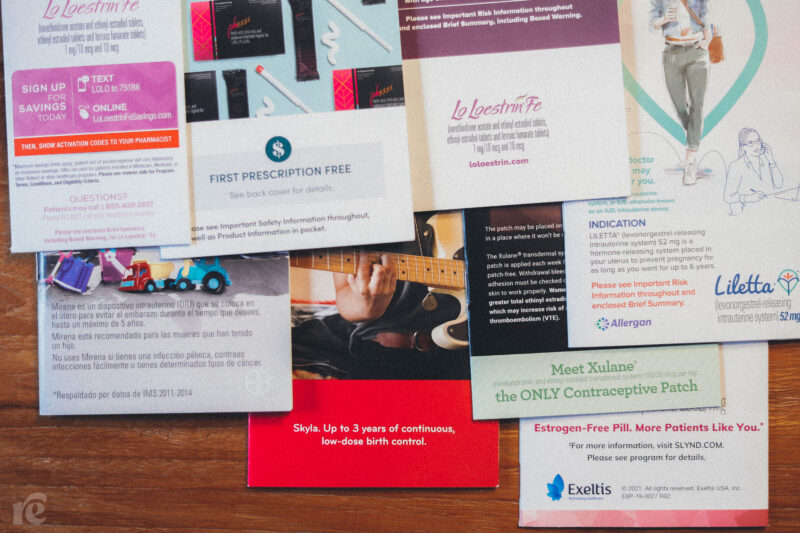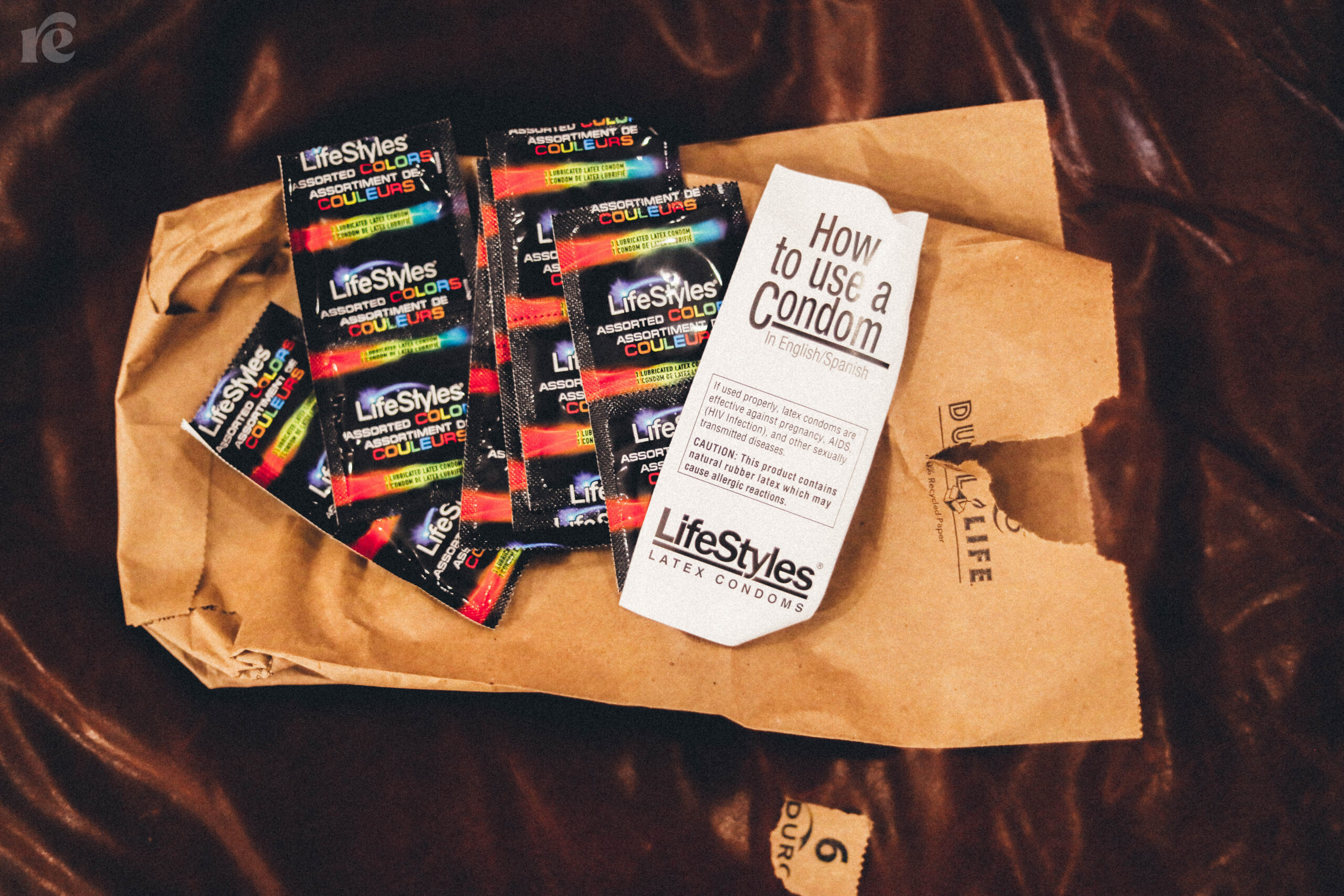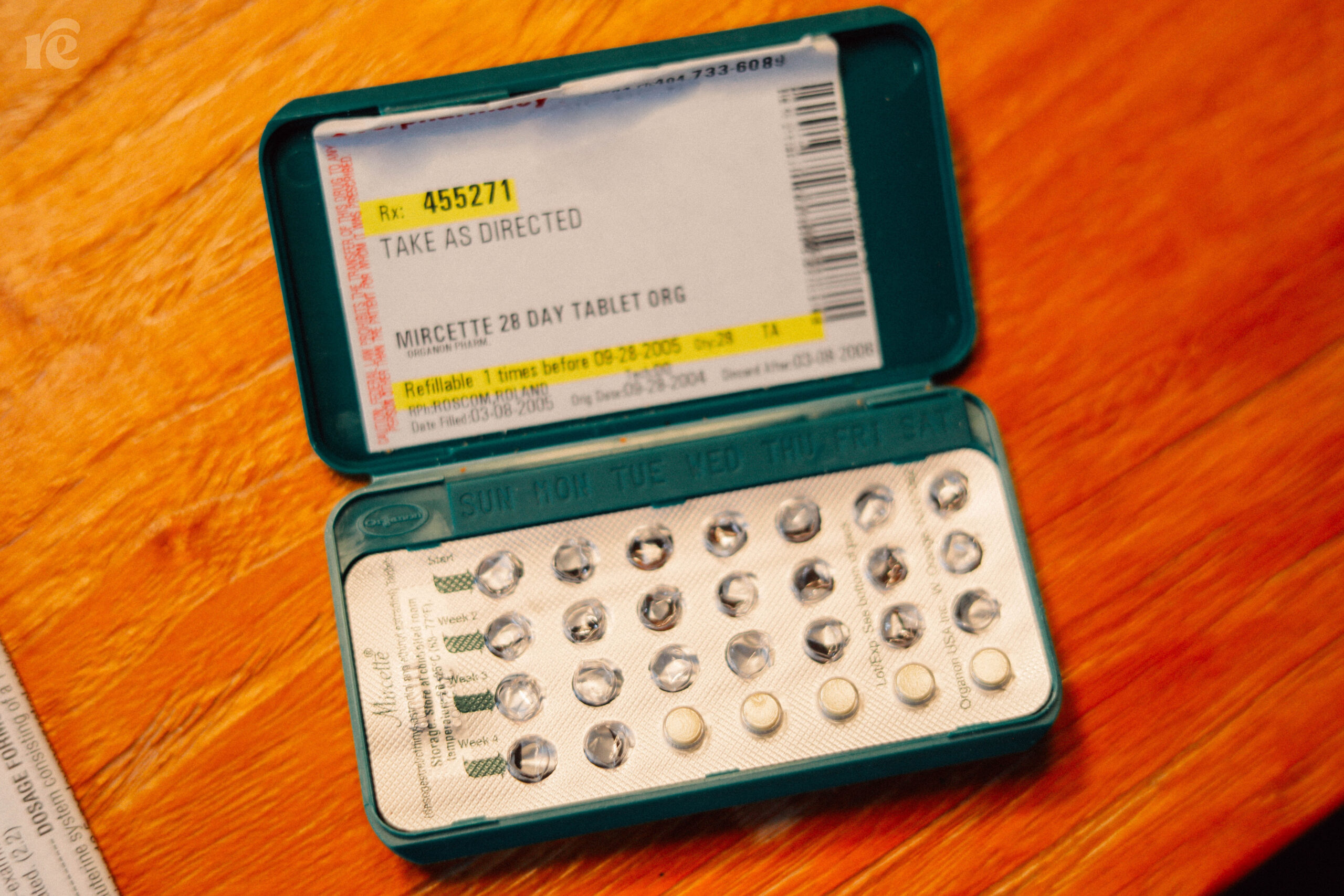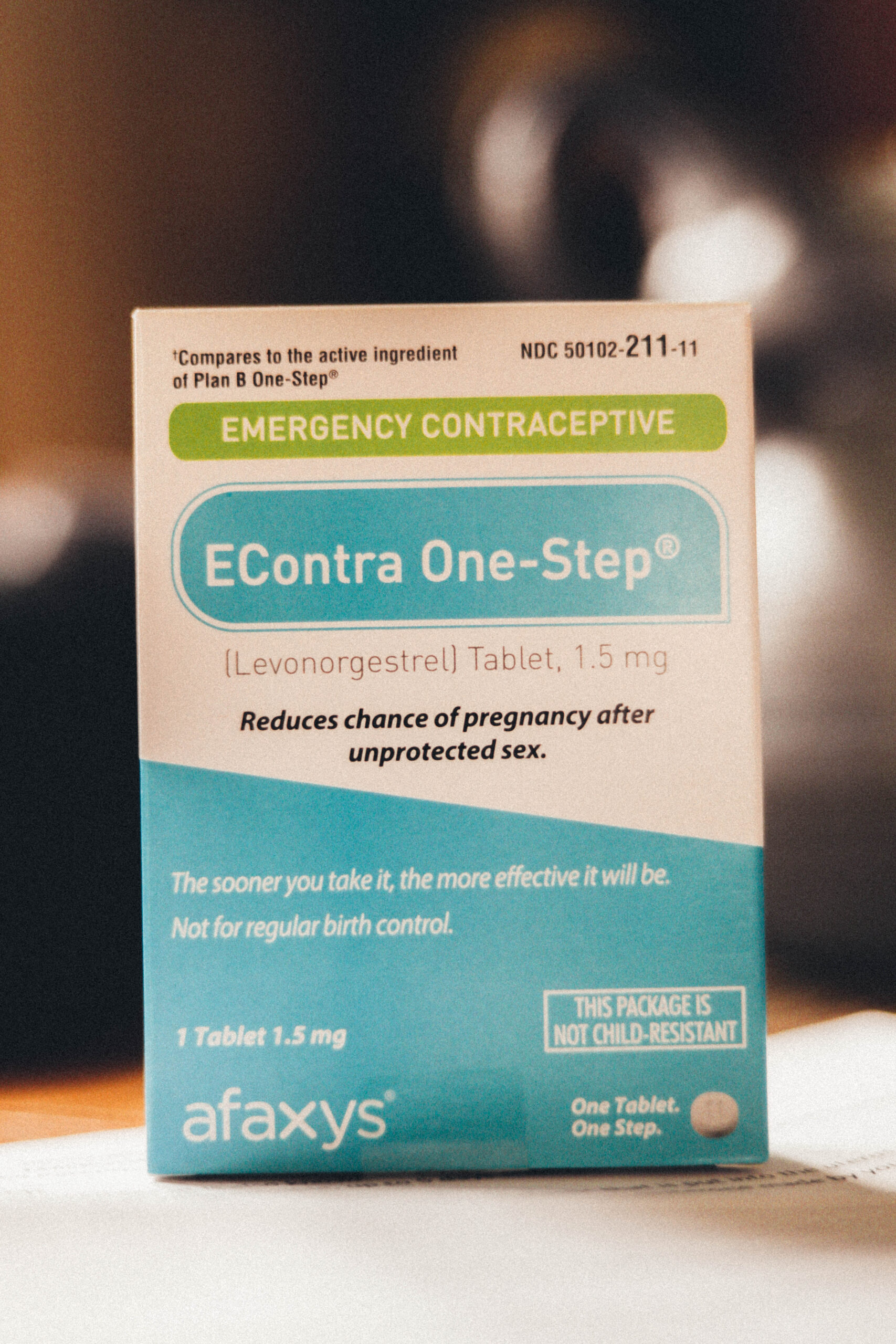Birth Control in the Bible Belt
In this post-Roe reality, discreet reproductive health-care access in states where abortion has already been banned is nearly impossible.

Everyone whispers. That’s what I learned as I set out to find different birth control options that are available and photograph them for our Special Issue, Panic! At the Pharmacy.
I traveled from Washington, D.C. to Atlanta and stopped at clinics and city and state health departments—even one of my previous general practitioners—but hit roadblock after roadblock. Along the way, I found folks who were familiar with Rewire News Group and our work but who were largely terrified to even talk about accessing birth control.
That’s the post-Roe reality we’re living in: Discreet reproductive health-care access in states where abortion has already been banned is nearly impossible without providing information that might lead authorities to the person in question.
So the tone of this photo diary shifted from documenting what your options are to what options are available over the counter—and without divulging your life story. As someone from the South, I’ve known that none of these states are places where people shout about contraception or reproductive care.
Conservatives are coming for your birth control. We’ve been talking about that at Rewire News Group for some time now, and with the Supreme Court overturning Roe v. Wade last June, that time is now here. In this current climate even the accurate portrayal of scientific information can be a radical act.
The first thing I was able to get my hands on was a series of birth control pamphlets from a clinic. What struck me most was how some of this literature reminds us that birth control is used to prevent pregnancy for some, but for others, it’s lifesaving medication to treat other illnesses and conditions.

For decades, this was how most people who needed birth control received it—as multiple blister packs with a plastic case for travel.

The Greenville County Health Department in Greenville, South Carolina handed me condoms rolled up in a paper bag, taped tightly shut.

Traditional pill-based birth control comes with a week’s worth of hormone-free pills for the week a person menstruates. As a teen, I was often told to “skip the sugar pills” to prevent my period from coming at all as part of treatment for my extremely painful periods. My doctor at the time referred to it as “stacking my birth control.”

Elizabeth’s birth control method is the NuvaRing, which she doesn’t use as a prophylactic but as treatment for hormone imbalance that severely impacts her mental health. According to the Kaiser Family Foundation, nearly 1 in 5 women use contraception for reasons other than preventing pregnancy.
Due to various insurance issues, Elizabeth, whose last name is being withheld for privacy, said she “ultimately had to go two months without it and [my mental health] was not good.”
An online pharmacy is now the only way she can fill her NuvaRing prescription, which means they’re shipped to her year-round, including during the summer. When it’s delivered, Elizabeth only has a small window to put it into the refrigerator for temperature control, which often means she has to spend the days she’s expecting it waiting at home, because her insurance won’t cover more if the prescription is ruined in transit.

Emergency contraceptive is still available over the counter, for now. But as we’ve seen in the years leading to the fall of Roe v. Wade, conservatives and the religious right are coming for all of your birth control.
